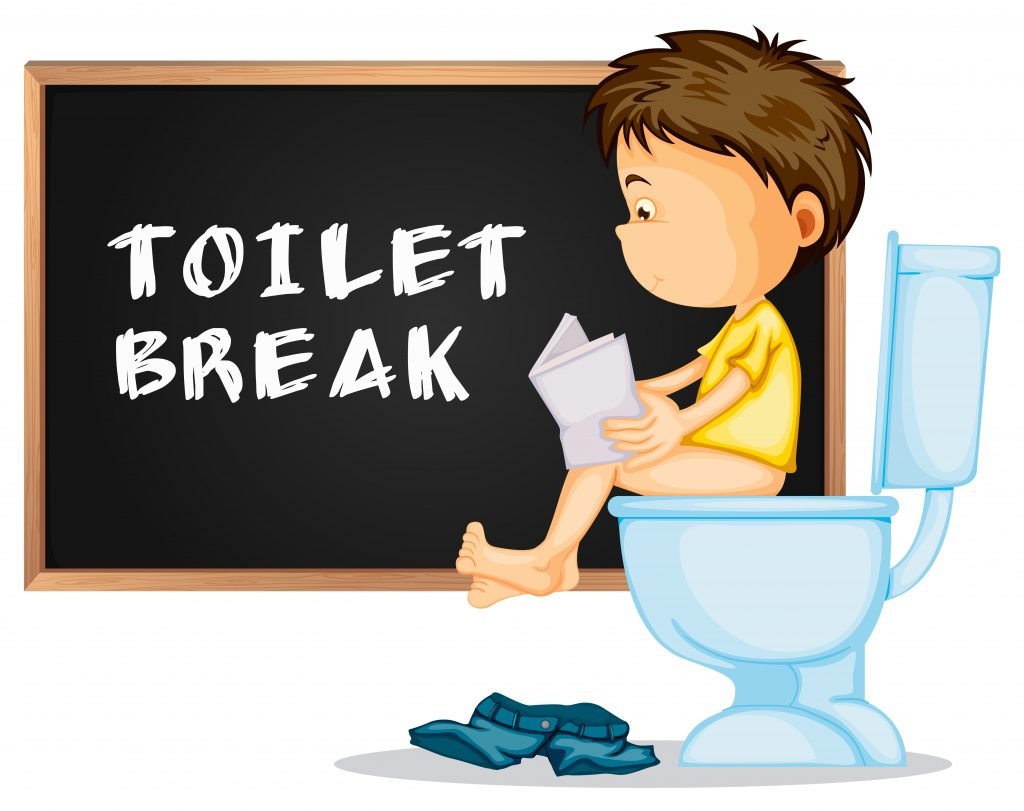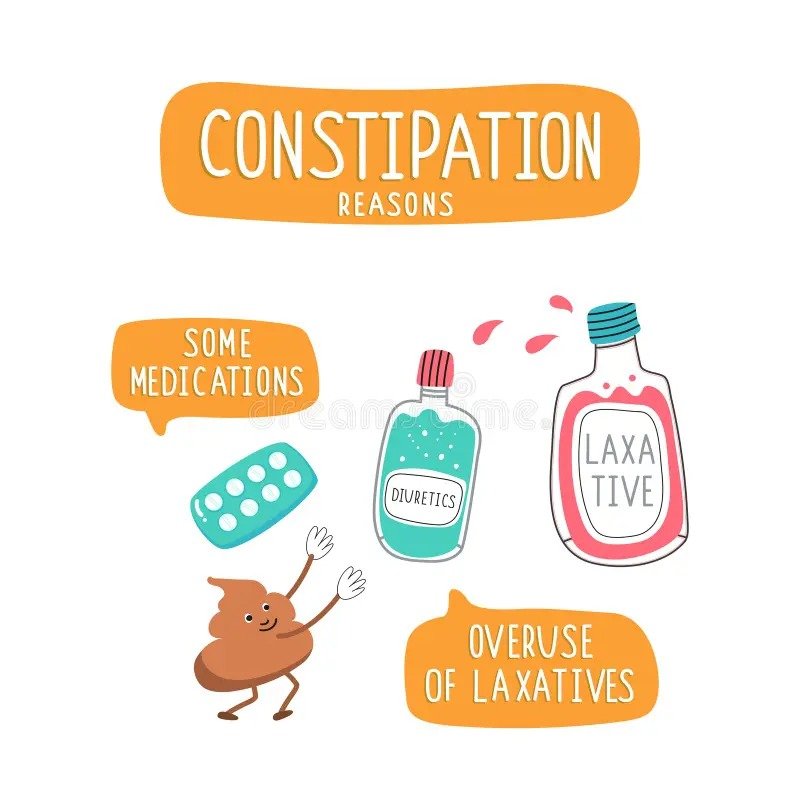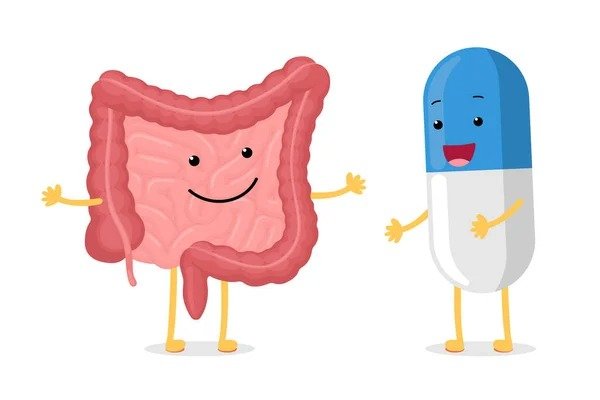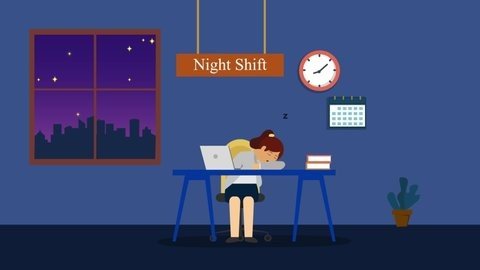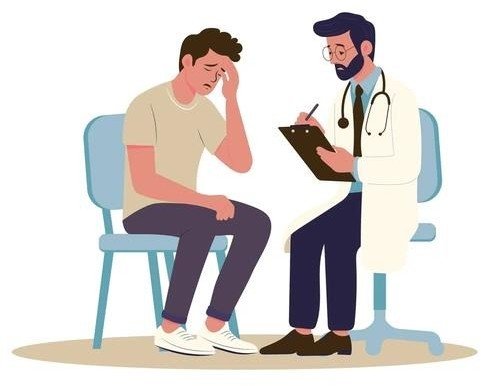Understanding Constipation: Causes, Symptoms, Treatment, and When to Seek Medical Help
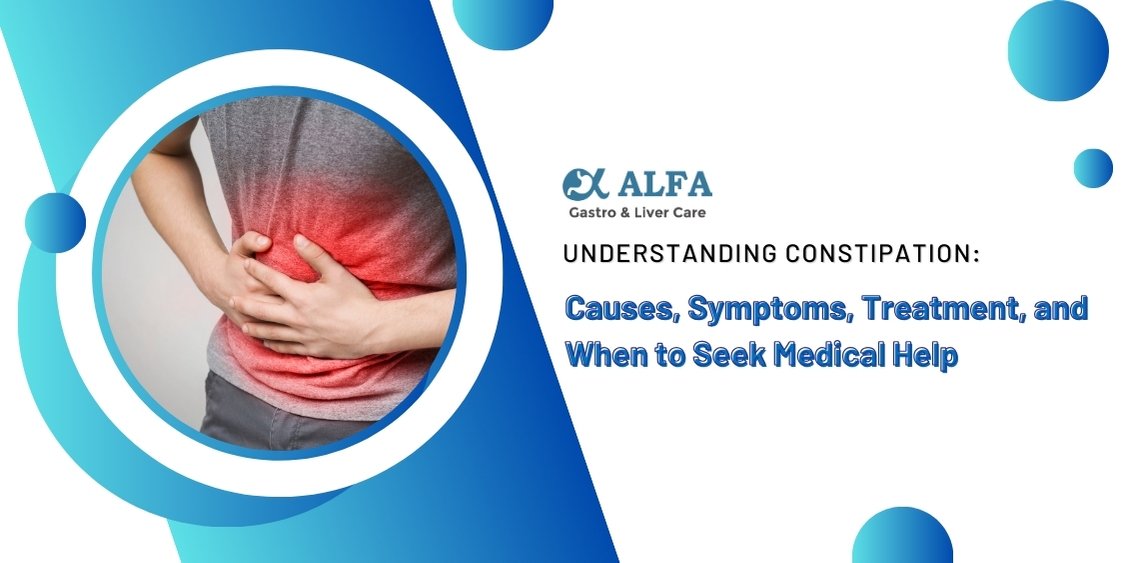
Constipation is a common gastrointestinal problem that affects people of all ages. It can cause discomfort and disrupt daily life. While occasional constipation is normal, chronic constipation can lead to more serious health issues if not addressed. In this article, we will explore what constipation is, its symptoms, effective treatment options, and when it’s important to consult a healthcare provider.
What is Constipation?
Constipation refers to infrequent, difficult, or painful bowel movements. It can be defined as having fewer than three bowel movements per week or experiencing difficulty passing stool. The stool may be hard, dry, and painful to pass, and the urge to defecate may be incomplete, meaning one feels that they haven’t fully emptied their bowels.
While everyone has different bowel habits, constipation generally involves:
- Difficulty passing stool (straining)
- Hard or dry stools
- Infrequent bowel movements (fewer than three times a week)
- Feeling of incomplete evacuation after a bowel movement
Occasional constipation is usually short-lived and can be triggered by factors like diet, dehydration, or stress. However, when constipation becomes chronic (lasting for more than three months), it may require medical intervention.
Symptoms of Constipation
The primary symptoms of constipation are related to bowel movement difficulties. These may include:
- Infrequent bowel movements: Less than three times a
- Straining during bowel movements: Excessive effort to pass
- Hard or lumpy stools: Stool that is dry, difficult to pass, and often
- Abdominal discomfort or bloating: Feeling full, gassy, or bloated.
- Feeling of incomplete evacuation: Even after using the bathroom, the sensation that the bowels haven’t been fully
- Rectal pain or discomfort: This can occur when stool is hard to
If you experience these symptoms for an extended period, it is important to take them seriously, as they may indicate chronic constipation or another underlying condition.
Myths and Facts about Constipation:
| Myths | Facts |
| If I don’t pass stools daily I am suffering from constipation | Passing stools 2-3 times a week is also normal, provided you don’t have pain or discomfort in your tummy related to that. |
| I pass stools 3-4 times a day, so I am nor having constipation | If you are having constant feel of incomplete evacuation of bowels you might be suffering from constipation. |
| Change in stools colour or consistency is a problem | Occassionally every individual has change in colour and consistency of stools |
| Blood in stools indicate big problem like cancer | Blood in stools can be due to many reasons, more commonly like piles fissures or infections |
| Commercially available remedies like churna and other preparations are harmless and can be taken for lifetime | Preparation containing senna, castor oil and other stimulant laxatives gradually produce dependence, should not be taken for long duration |
Effective Ways to Treat Constipation
There are several effective ways to treat constipation, many of which can be managed through lifestyle changes and dietary adjustments. The following treatments are commonly recommended:
1. Increase Fiber Intake
Fiber helps add bulk to the stool and improves bowel movement frequency. Foods high in fiber include:
- Fruits (apples, berries, pears)
- Vegetables (broccoli, carrots, spinach)
- Whole grains (oats, brown rice, quinoa)
- Legumes (beans, lentils, peas)
2. Drink Plenty of Fluids
- Dehydration can lead to harder stool, which is more difficult to pass.
- Aim for at least eight glasses of water a day.
- Herbal teas and clear soups can also help keep you hydrated.
3. Exercise Regularly
- Physical activity stimulates digestion and encourages regular bowel movements.
- Walking, jogging, yoga, or any form of movement for 45 minutes to 1 hour can promote bowel motility.
- Even simple activities, like stretching or walking after meals, can make a significant difference.
4. Establish a Regular Bathroom Routine
- Try to use the bathroom at the same time each day.
- Take your time and don’t rush.
- Avoid ignoring the urge to go, as holding stool in for too long can worsen constipation.
5. Use Laxatives Sparingly
While over-the-counter laxatives can be helpful for temporary constipation relief, they should not be relied upon for long-term use. There are several types of laxatives:
-
- Bulk-forming laxatives: These increase stool volume by absorbing
- Stimulant laxatives: These stimulate the muscles of the colon to push stool
- Osmotic laxatives: These draw water into the colon to soften
It’s essential to use these under a doctor’s supervision to avoid dependency or side effects.
6. Probiotics
- Probiotics are beneficial bacteria that can help improve gut health and regulate bowel
- Foods like yogurt, kefir, and fermented vegetables contain probiotics.
7. Reduce stress and depression
- Psychological stress, anxiety nd depression plays a major role in constipation.
- For some individuals it is important to identify underlying stressors and that helps in dealing with constipation
8. Defecation angle
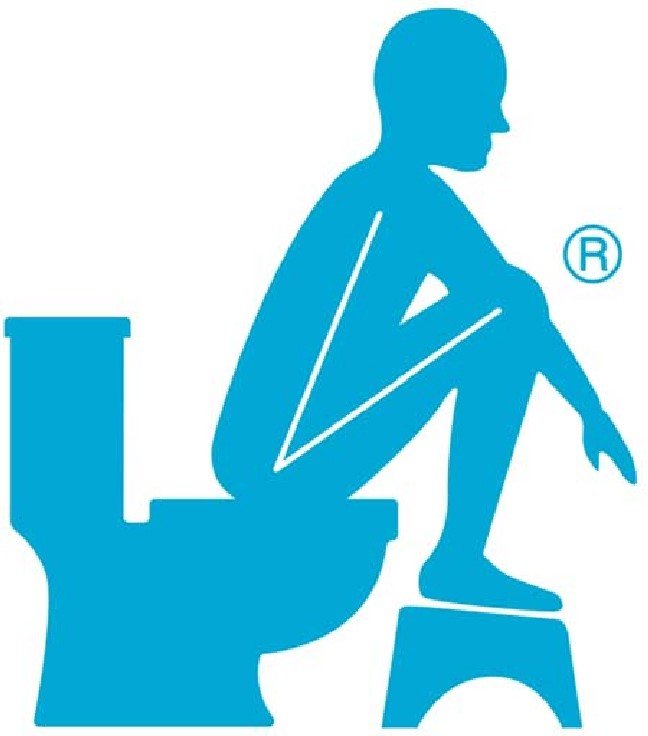
- Studies suggest that putting a small step-stool beneath the leg while defecation improves the angle and requires less straining for opening bowels.
9. Smoking, Tobacco and Alcohol
- Smoking and tobacco consumption should be stopped as nicotine increases constipation.
- Stopping alcohol also helps in reducing constipation.
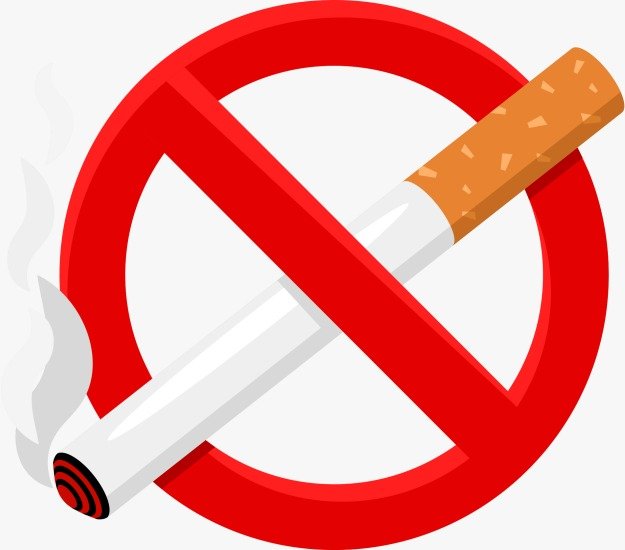 10. Reduce red meat and maida (white floor)
10. Reduce red meat and maida (white floor)
- Diet rich in red meat is having high fat percentage and it takes a longer time for digestion, leading to constipation.
- Maida has low fibers and it takes time for digestion as it cannot hold water leasing to constipation.
11. Night outs, night life and night shifts
- Waking, eating and working in shift duties are the activities which alter the circadian rhythm of body and leads to many digestive issues like constipation, diarrhea, acid peptic disease etc.
- Having a well-planned and disciplined life serves best for digestive health.
When to Consult a Doctor
While occasional constipation is common and often resolves on its own, there are situations where you should seek medical advice. It is important to consult a healthcare provider if you experience:
- Severe or prolonged constipation: If constipation persists for more than a few weeks despite home treatment.
- Blood in stool: The presence of blood in your stool can indicate an underlying condition, such as hemorrhoids, anal fissures, or more serious conditions like colorectal
- Unexplained weight loss: If constipation is accompanied by unintentional weight loss, this could signal a more serious health issue that needs further evaluation.
- Severe abdominal pain: If you experience significant cramping or bloating along with constipation, it could indicate a gastrointestinal disorder that needs
- Nausea or vomiting: Persistent nausea or vomiting can be signs that a blockage or other serious issue is affecting your digestive
In these cases, a doctor may conduct further tests, such as blood work, imaging, or colonoscopy, to identify the underlying cause and recommend appropriate treatment.
Conclusion
Constipation is a common yet often manageable condition. With proper dietary changes, hydration, and lifestyle adjustments, most people can relieve their symptoms and restore regular bowel movements. However, if constipation becomes chronic or is accompanied by more concerning symptoms, it is important to seek medical advice to rule out any serious health conditions. By being proactive and attentive to your digestive health, you can maintain gularity and improve your overall well-being.





